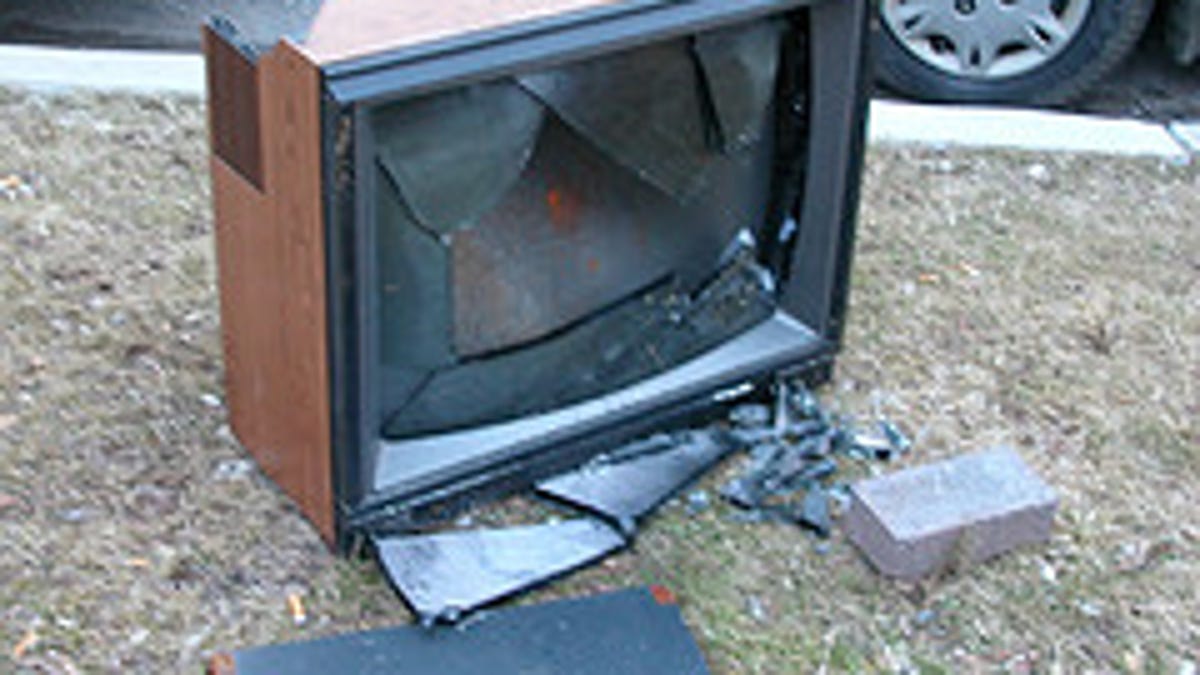Are 1 in 4 of you really going to cut cable, switch to Web video?
New year, same debate: are people--real people, in real numbers--really dropping their cable for Web video? And do the ones who say they might really know what they're talking about?

May as well kick off the new year by restarting the cord-cutting debate: are people really dropping their cable subscriptions in favor of the Internet and some combination of Netflix/Hulu/iTunes/YouTube, etc.? Or is it something that will happen?
Or (and this is the cable guys' favorite answer) is it something that people like to talk about, but won't really do?
Today's installment comes from JP Morgan's Imran Khan, whose 2011 forecast is chock-full of interesting data (see these amazing Facebook numbers--and plan on getting at least one more of these today or tomorrow). Khan believes that cord-cutting--or at the very least, a wave of "over-the-top" video, delivered by the Web instead of cable--is real. "A consumer-driven tsunami," he calls it.
And this chart helps explain why, at least at first glance:
Ominously, Khan notes that the 28 percent of people who say they'd consider cutting the cord includes the rare 16 percent of people who don't hate their cable company. In his words, they're "currently satisfied with pay TV lineup & pricing." (Who are these people? Have you met one of them? Do they have access to awesome mood-altering drugs?)
That seems terrifying for Comcast and Time Warner Cable. But bear in mind that these are people who say they'd consider cutting the cord. Which is a whole lot different than taking out the shears. I can think of lots of things I would consider, but I tend to do very few of them.
I'm also not sure that people who say they'd consider cutting the cord have really thought through what that means. The idea that you can drop cable and get all the video you want for a lot less sounds great, but it's not true, at least for now: There's a lot to watch on Hulu, Netflix, etc., but it's not a one to one replacement for cable.
Khan gets at this, a bit, when he notes that 63 percent of his survey's possible cord-cutters would be up for it even if they'd lose access to live TV sports (i.e., no Monday Night Football, etc.).
That's a lot, but that also means that Khan's 28 percent figure is a little high--that's the number of people who'd like to do something you can't really do yet.
Still, worth noting is that a different survey question does back up the fears that the cable guys have about Netflix and its Web streaming service--it's a gateway drug to (possible) cord-cutting!
See also CNET's David Katzmaier's Diary of a cable TV cord cutter Day 1, Week 1, Week 2, or Final Entry, or Recap.